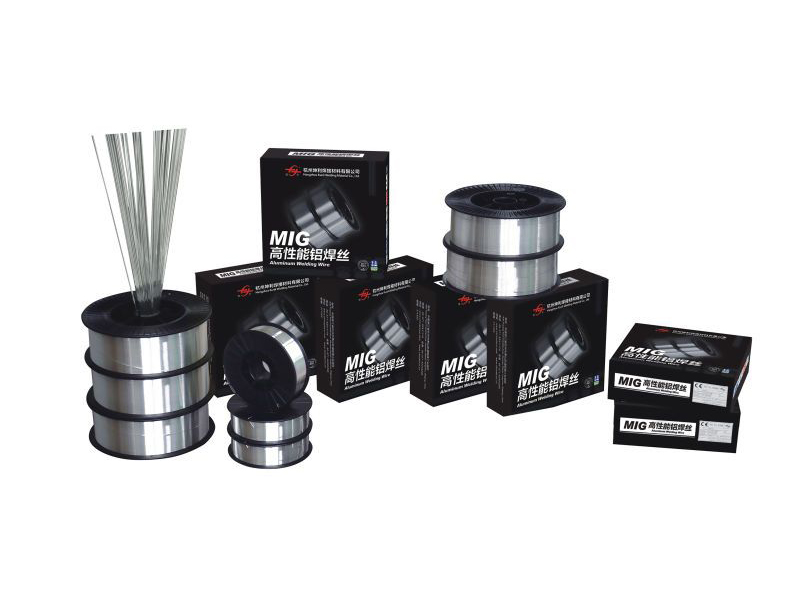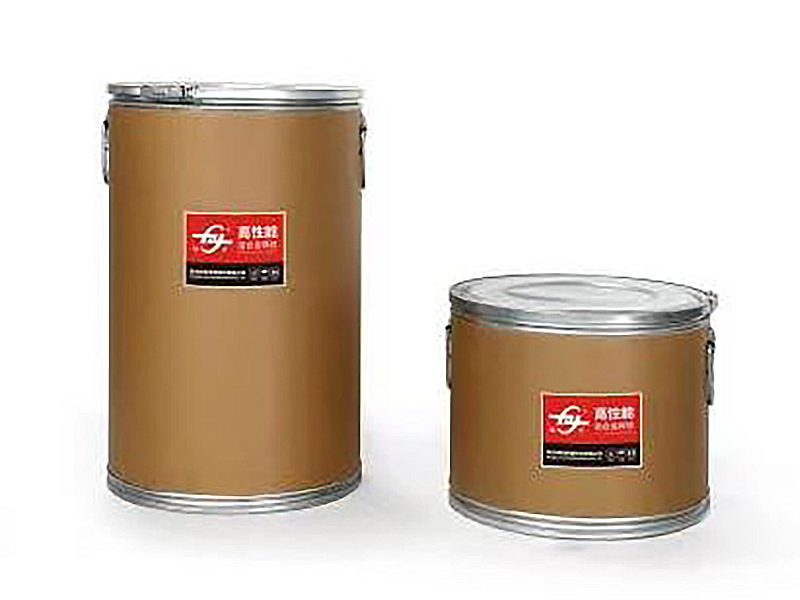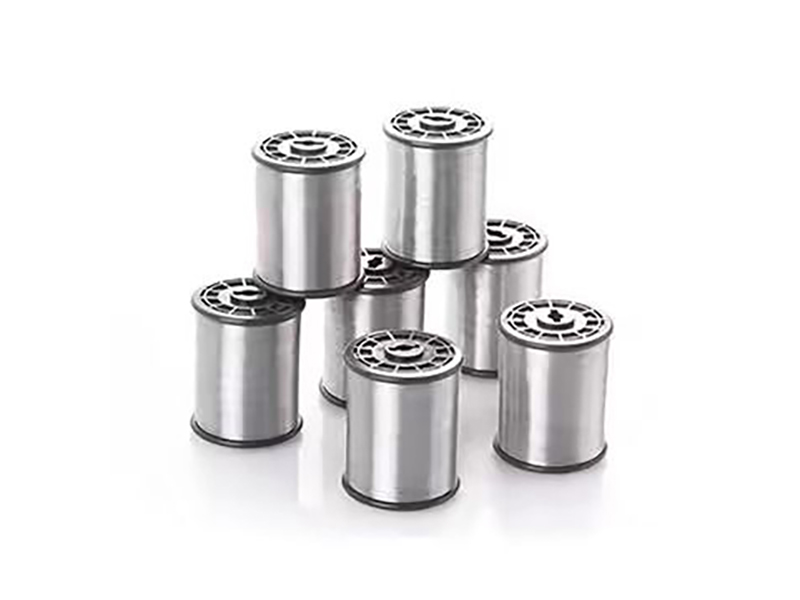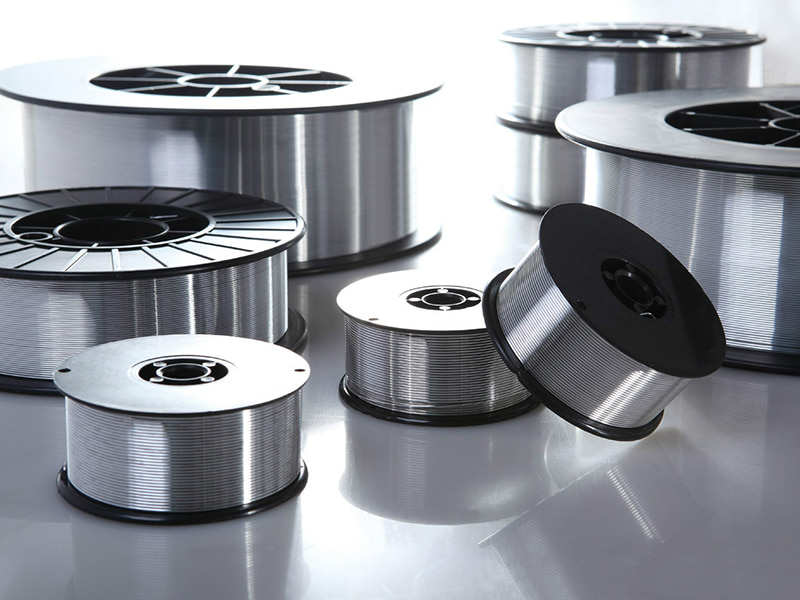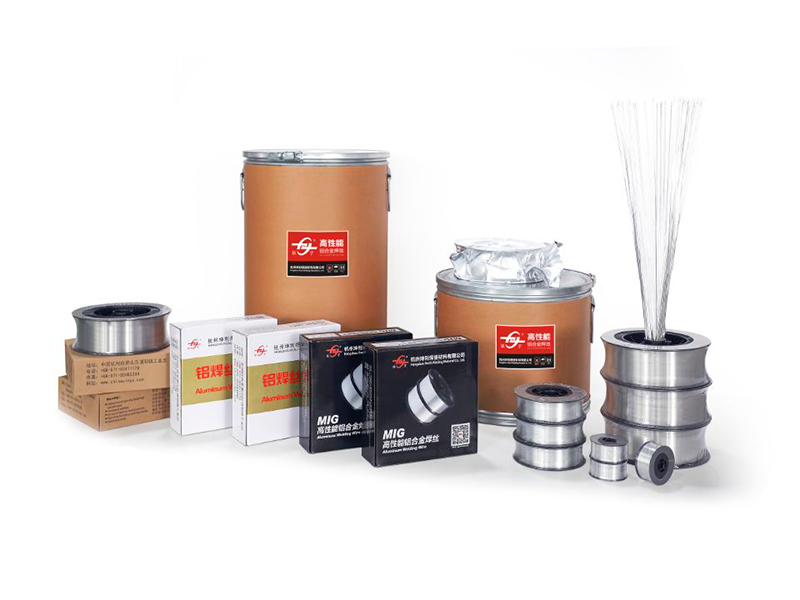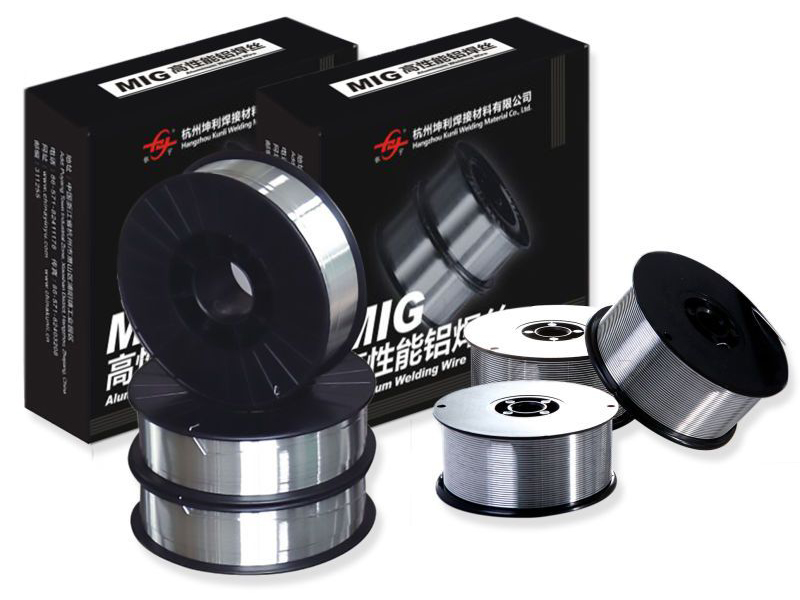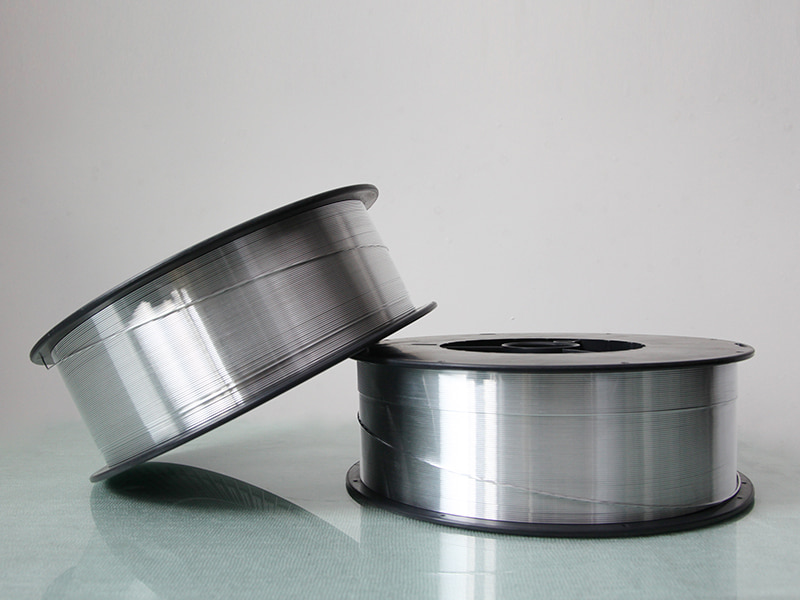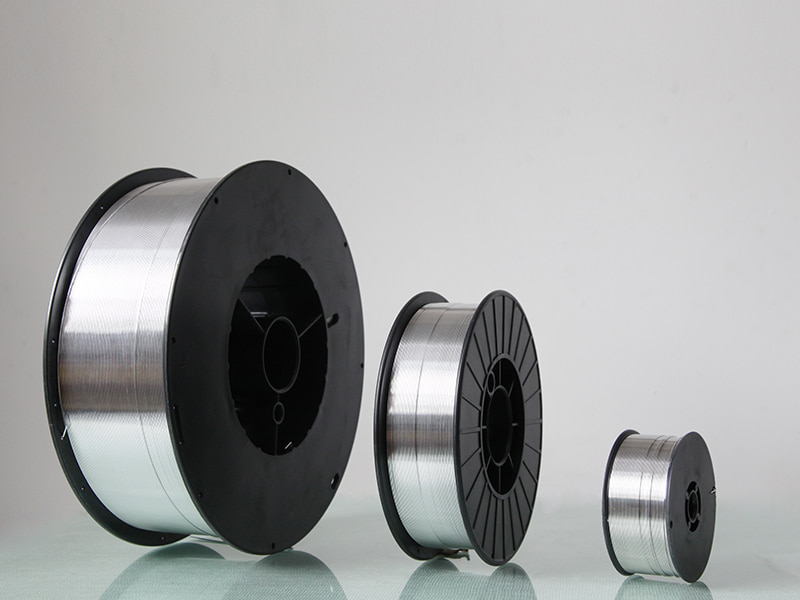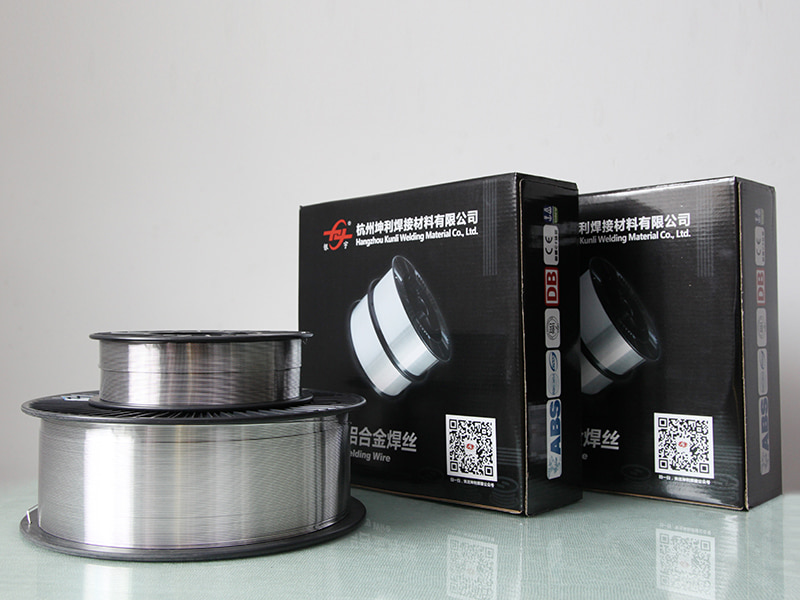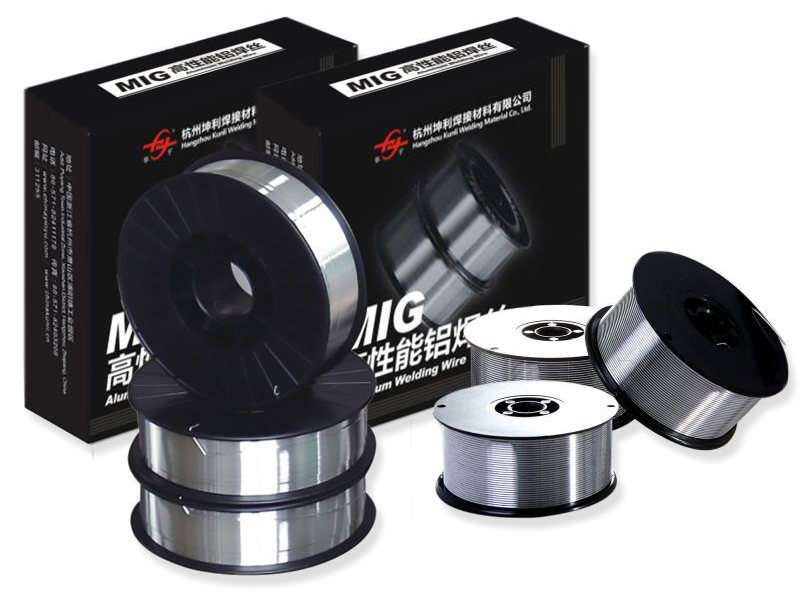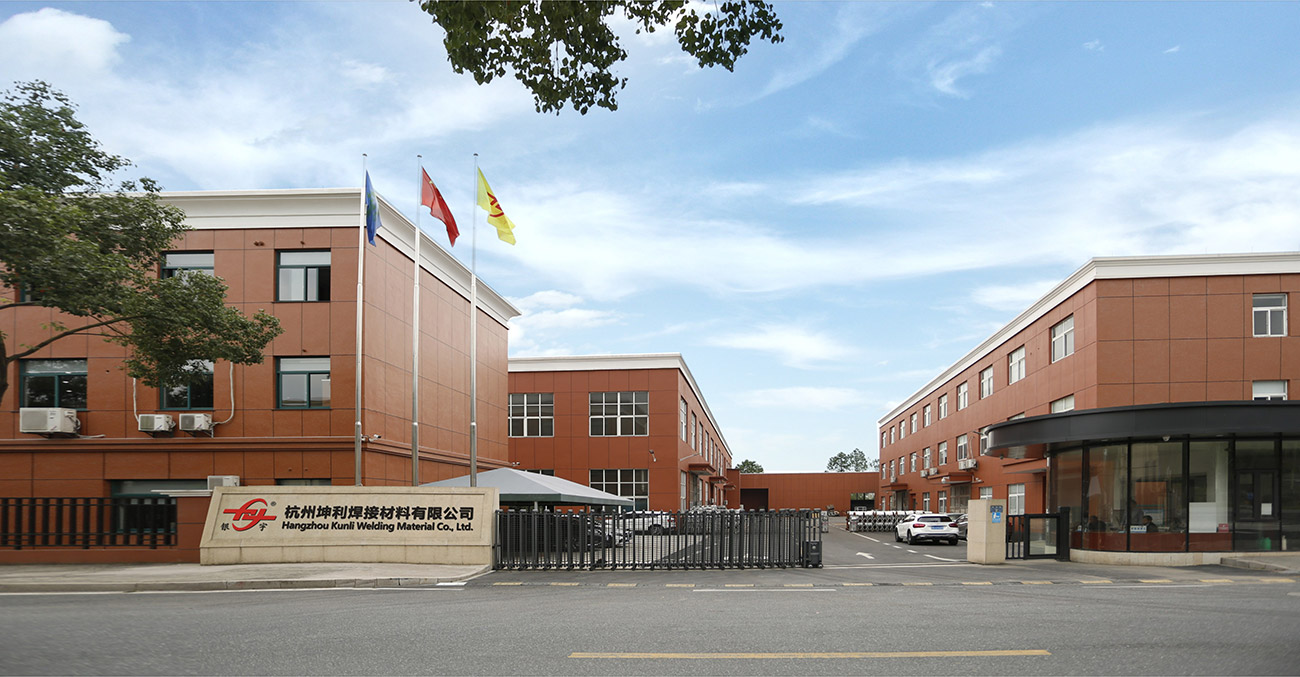Introduction
DNV GL certification is a globally respected benchmark in the maritime, oil & gas, and energy sectors, signifying that the welding consumable meets high standards for quality, integrity, and safety. Our DNV GL Certified aluminum wires are consistently tested for robust mechanical performance and crack resistance, particularly on high-strength alloys like those used in offshore risers and specialized vessels. This rigorous third-party verification minimizes technical risk for major engineering projects worldwide.
Specification
| Certification Body | DNV GL (Det Norske Veritas Germanischer Lloyd) |
| Key Property | High resistance to fatigue and hot cracking |
| Base Metal | Approved for use on various high-strength Aluminum-Magnesium alloys |
| Testing Regime | Includes stringent weld deposit chemical and mechanical testing |
| Applicable Code | DNV GL Rules for Classification of Ships/Offshore Units |
Applications
Fabrication of equipment and structures for DNV GL-classed offshore rigs and platforms.
Welding LNG carriers and other high-value, specialized marine assets.
Aluminum structures in the renewable energy sector (e.g., wind turbine components).
Projects demanding compliance with DNV GL Offshore Standards.
Payment and Shipping
Project Management: Coordinated supply management for complex projects with multi-stage delivery timelines.
Certificates: Official DNV GL certificates are provided with materials for immediate project use.
Customs: Expertise in export procedures for smooth delivery to international shipyards and fabrication centers.
 English
English Deutsch
Deutsch
 English
English Deutsch
Deutsch

